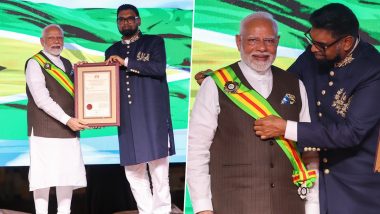Mumbai, September 24: With the record-setting coronovirus caseload creating more uncertainty about jobs and economic recovery, nine in ten people polled in the country are worried and cautious about spending going forwards, says a survey.
According to a global survey by British lender Standard Chartered Bank on Thursday, "as much as 90 per cent of Indian respondents say the pandemic has made them more careful with their expenditure now. Globally, only 75 per cent say so". COVID-19 Tally in India Crosses 57-Lakh Mark With 86,508 New Cases in Past 24 Hours, Death Toll Rises to 91,149.
Reflecting this increased caution, 76 per cent of Indian respondents as against 62 per cent globally feel that the economic impact of the pandemic has made them more likely to track their spending, with over 80 per cent either using or interested in using budgeting tools or tools that block card-spend over specified limits, says the survey.
They also want new ways to track their money digitally even as a vast majority of 78 per cent of the Indian respondents say they will shop more online while the global average is only around two-thirds.
Consumers around the world, including in India, are now spending more on basics such as groceries and healthcare and digital devices than they did prior to the pandemic, and they expect this increase to continue in the future.
Also, a full 64 per cent of Indians in the survey said they have spent less on travel/holidays than they did before the pandemic (64 per cent globally), while 30 per cent have spent less on experiences (41 per cent globally) and 56 per cent have spent less on clothes (55 per cent globally).
The survey assumes this trend to continue in India with 41 per cent saying they anticipate spending less on travel/holidays, 19 per cent on experiences and 28 per cent on clothes in the future.
Also, Indians are more likely to shop conscientiously than the average global consumers as over two-thirds say they are now more likely to shop locally (72 per cent), more sustainably sourced products (69 per cent) and with small businesses (73 per cent).
The online survey -- conducted among 12,000 adults across 12 markets of Britain, Hong Kong, India, Indonesia, Kenya, China, Malaysia, Pakistan, Singapore, Taiwan, the UAE, and the US -- is the second in a three-part series, looking at how the pandemic has transformed consumers' way of life, and what changes could be here to stay.
While the first survey, carried out in July, had focused on the pandemic's impact on earnings, the second offers new insights into the way the global health crisis is changing consumer spending habits.
Respondents in all the 12 markets want to do more online shopping from now on because of the pandemic but in India, the preference for online shopping has shifted significantly.
Prior to the pandemic, only 54 per cent of Indians preferred to shop online versus in-person, but this is now 69 per cent for future purchases. This higher preference for online shopping/payments is true across a range of purchases, from groceries and travel to digital devices, says the survey.
As a result, 87 per cent of Indians in the survey as against 64 per cent globally now expect their country to go fully cashless, the highest in any country surveyed, with a majority expecting this to happen by 2025, says the survey. Coronavirus in India: Live Map.
The survey results are supported by StanC's ATM withdrawals globally. Across the 10 surveyed markets where it offers retail banking (all except Britain and the US), the pandemic has dramatically accelerated decline in ATM usage.
Cash withdrawals from ATMs are now half what they were two years ago. StanC India is largest international bank with 100 branches across 43 cities in the country, in operations since 1858, offering corporate, commercial and institutional banking, private banking as well as retail banking.


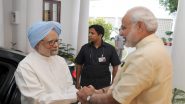
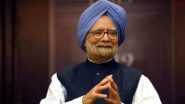


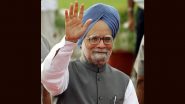
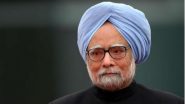



 Quickly
Quickly









